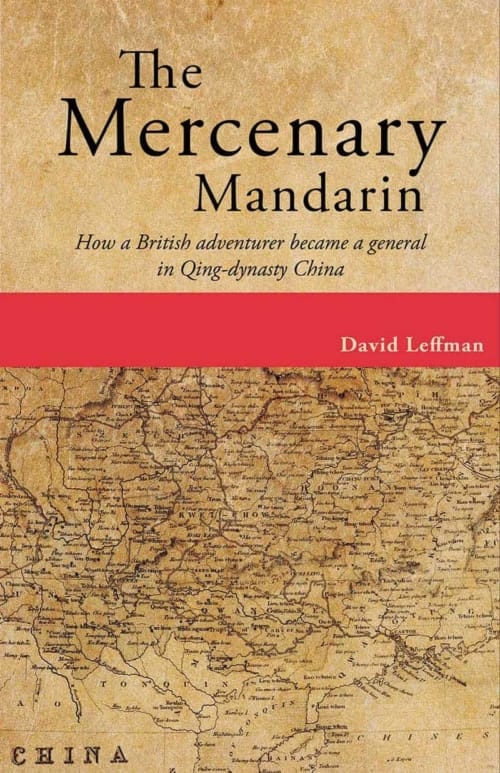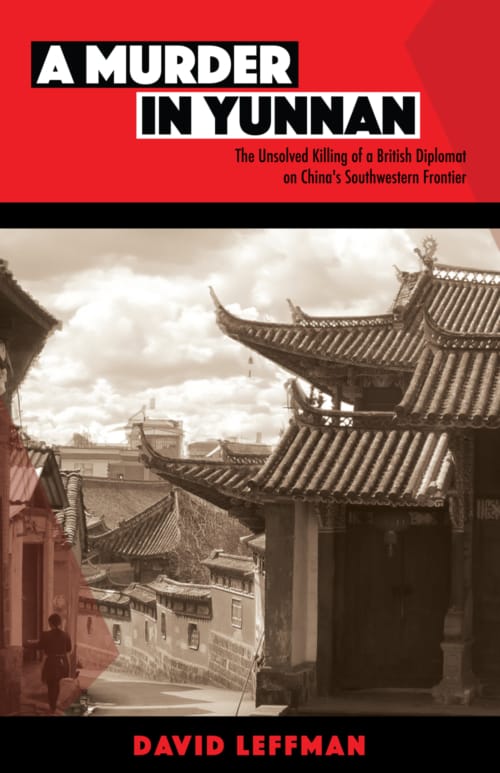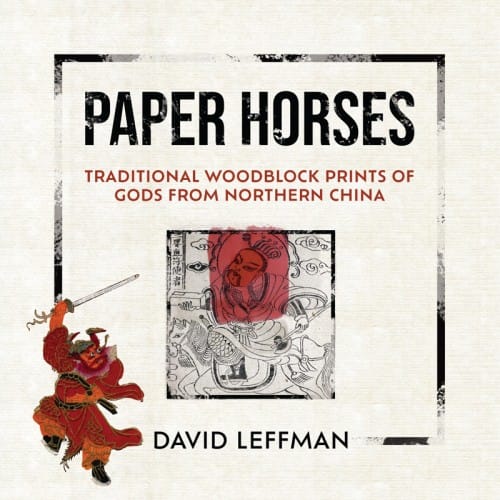Jersey-born William Mesny ran off to sea as a boy and jumped ship at Shanghai in 1860 when he was just 18. Amid the chaos of foreign intrigue and civil war in 19th-century China, he became a smuggler, a prisoner of the Taiping rebels, a gun-runner and finally enlisted in the Chinese military.
After five years of fierce campaigning against the Miao in remote Guizhou province, Mesny rose to the rank of general and used this privileged position to travel around China – to the borders with Burma, Tibet and Vietnam – writing opinionated newspaper articles, collecting plants and advising government officials on the development of railways, telegraphs and other modern reforms.
Mesny eventually settled in Shanghai with a 16-year-old concubine and published Mesny's Chinese Miscellany, a weekly magazine about his experiences. But his story was not to end well. After his implication in an illicit arms deal, his fortunes never recovered, and when he died in 1919 he was working as a desk clerk.
David Leffman has spent over 15 years footstepping Mesny’s travels across China, interviewing locals and piecing together his life story from contemporary journals, private letters and newspaper articles.
Look inside this book
Click on the following links to view sample pages from The Mercenary Mandarin. You will need a pdf reader to view these excerpts. Foreword


